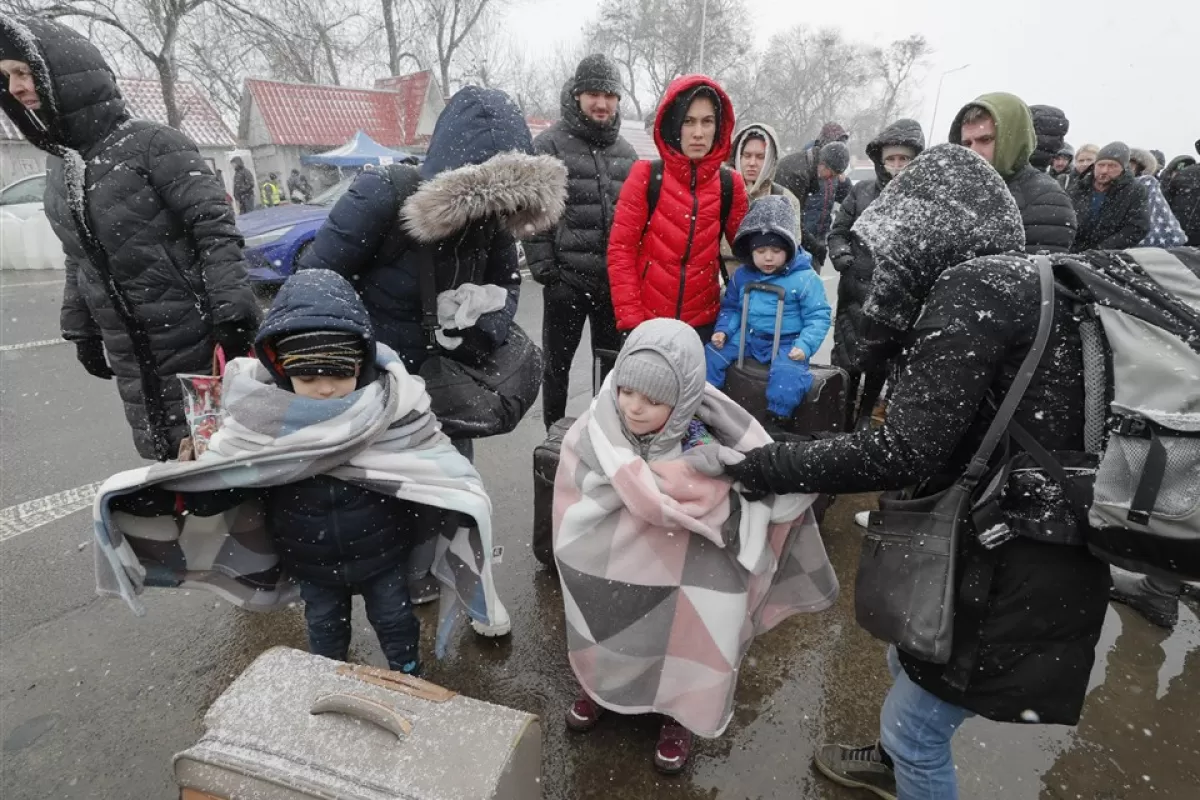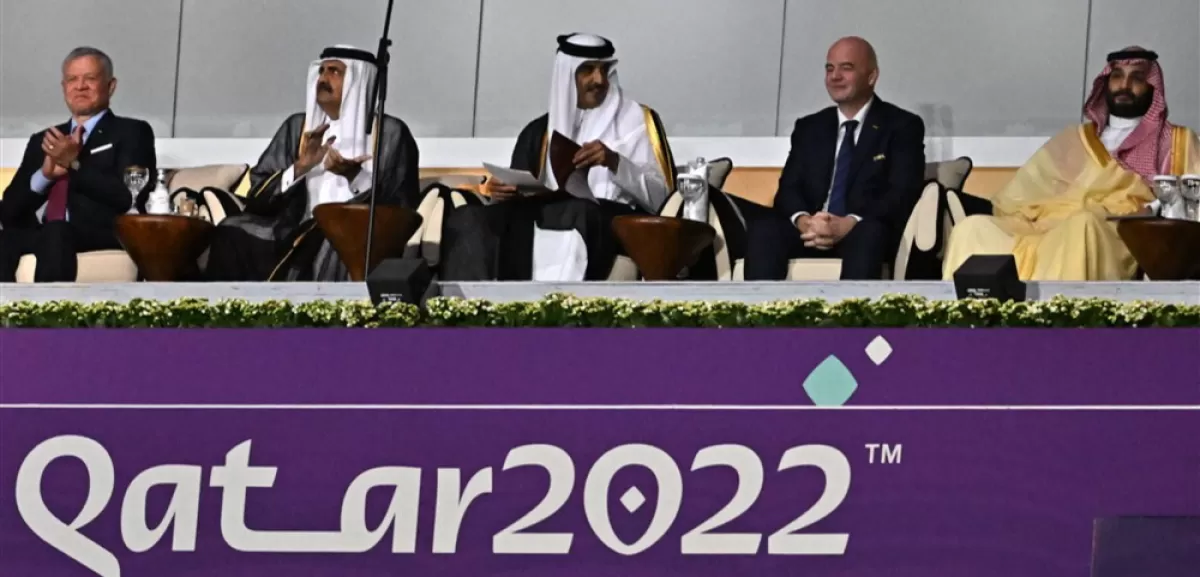
Romanians in the Republic of Moldova overwhelmingly voted for Nicușor Dan, even though the ruling party, PAS, supported Crin Antonescu. Directly threatened by Moscow, the Moldovans rejected George Simion who, although he declared himself a unionist, is perceived as pro-Russian across the Prut. On the other hand, George Simion got most of the votes of the Romanian diaspora in Europe, which until recently preferred candidates and parties defined as pro-European and reformist.

Networks of Facebook accounts, followed by millions of Romanians, simultaneously promote messages containing sovereignist and anti-EU themes. The messages are also featured on “apolitical” pages publishing mundane or religious content. Networks that promote the same messages were identified in a comprehensive online study.

The so-called “blacklists” have recently remerged in Romania – they are particularly circulated by Călin Georgescu’s supporters. In Romania, blacklists have a rather dark history, as they were used by extremists to take out their opponents.

Romanian extremists seem to believe that the return of Donald Trump is bound to bring them more voters and legitimize a type of discourse marked by populism and false narratives. They also hope that Trump will help them get the power. It is a kind of oxymoronic reasoning that shows that, in fact, Romanian extremists do not even understand the meaning of the word they adopted to define themselves - "sovereignism".

A fake account attributed to Julian Assange expresses its admiration for Călin Georgescu. The fake didn't bother the Romanian extremist, who instead set about debunking made-up fakes.

Georgescu was once considered a technocrat with a solid international career. When that career ended, he adopted a pro-Russian and anti-Western discourse and expressed his admiration for Ion Antonescu and Corneliu Zelea Codreanu.

A recent report published by the Russian Ministry of Foreign Affairs criticizes Romania’s “neo-Nazism” and describes as state policies the actions of certain pro-Russian extremists, including figures praised and cited by Kremlin propaganda.

Fewer and fewer Romanians are getting vaccinated, a trend that gained momentum during the Covid-19 pandemic. The phenomenon is related to conspiracy theories regarding the population being made sick intentionally.

Realitatea TV, RTV and journalists known for spreading false narratives have presented and AI-generated story as a media investigation, claiming Ukraine is funded with capital raised from selling “Putin” teddy-bears.

Navalny was killed by the West, which betrayed itself by publicly announcing his death before it was ever medically attested, according to false narratives circulated in Romania.

Hackers stole data from the Romanian Parliament, demanding money for ransom. Such ransomware attacks are launched by both criminals and state actors.

The colonization of Romania, the war in Ukraine, conspiracy theories related to the "sanitary dictatorship" and climate change have been the favorite topics for most of the year’s false narratives.

Like many other topics linked to Ukraine, the grain crisis was also used to discredit Kyiv and undermine international assistance to this country. Certain aspects about this story have been exaggerated or taken out of context, while quite a few false narratives have also surfaced in the region. Veridica has examined 12 burning questions about the Ukrainian grain crisis.

The earthquake in Turkey was caused by the “the world’s great powers” - i.e. Westerners - to punish the country's president, Recep Tayip Erdoğan, Senator Diana Sosoaca believes. She presented her theory on the very rostrum of the Senate, in a statement stuffed with conspiracy theories, fake history, narratives about the war in Ukraine reminiscent of Russian propaganda and a call to battle with references to the Old Testament.

Millions of Ukrainians headed to Romania when Russia attacked their country. Instead of a land of poor and hostile bandits, as the propaganda had described it, they found the help and shelter they needed - even if there were also marginal voices spreading, as everywhere in Europe, disinformation about refugees. Some of them stayed, others moved on. Veridica has the stories of some of them, from the first days of the war until now.

The World Cup in Qatar has been marred by controversy ever since the small Gulf emirate was named host of the tournament despite doubts about the country's human rights record. Many of the problems related to the Championship have, apparently, nothing to do with sports, but the big international competitions are not only about sports, they are always about politics as well.

The Internet caught fire last week with the fake news that the world's billionaires, led by Elon Musk, would celebrate Halloween in Romania. From the joy of the traders along the entire Rucăr - Bran corridor, to the currency dealers’ hope for some lucrative combinations and culminating in the raging of a delicate senator filled with authentic, countryside orthodox sentiments, we all had our own expectations from, reactions to and opinions about the (pseudo)event.